Syria talks should focus on unity govt. during transition period: Russia
Russian Foreign Minister Sergei Lavrov has underlined the need for the Syria peace talks underway in the Swiss city of Geneva to focus on warring sides reaching a consensus on how the war-torn country will be governed during the transition period.
Lavrov made the remarks during a joint press conference with his Nigerien counterpart Ibrahim Yacouba in Moscow on Wednesday.
“This agenda (of Geneva talks) in how it relates to the political process is based on the need to form a unified view of how Syria will be governed during the transition period. Or if you would like we can say to agree on some kind of national unity government for the transition period,” Lavrov said on Wednesday.
However, the unity government should be formed based on a mutual agreement between the government and the entire opposition spectrum as stipulated by United Nations Security Council Resolution 2254, he added. The measure was unanimously adopted in December 2015 in a bid to help bring an end to the conflict in Syria.
“Then according to decisions by the United Nations, the political process should focus on work on Syria's new constitution and after that, on organizing early general elections based on the grounds of this new constitution,” Lavrov further said.
Elsewhere in his comments, the top Russian diplomat stressed that fighting terrorism and separating terrorists from the so-called moderate opposition are critical in the implementation of the UN resolution.
Stressing that extremists should be banned from the Syria negotiations, he said, “We cannot allow for extremist circles from organizations banned by the Security Council to leak into this political process.”
Lavrov further expressed hope that the Geneva talks “will not be disrupted and that it will continue to play an important role in achieving a Syrian settlement.”
Separately on Wednesday, the Syrian opposition said that they had been told by UN Special Envoy for Syria Staffan de Mistura that government negotiators were ready to discuss a political transition at the Geneva talks.
Nasr al-Hariri, the head of the so-called High Negotiations Committee (HNC), the main Saudi-backed opposition group, also said they discussed political transition and related issues with the UN envoy for the first time.
However, the Damascus government is yet to comment on the remarks.
HNC refuses to add terrorism to talks' agenda
In a relevant development on Wednesday, the HNC, which serves as an umbrella group for militants and opponents of Syrian President Bashar al-Assad, said that it would not allow terrorism to be added to the agenda of the UN-mediated Geneva discussions, which began on February 23.
"We will not deal with it, and if (de Mistura) adds it in any time we will not deal with it or discuss it," said HNC member Yahya Kodmani.
On the contrary, a source close to the Damascus delegation said the government's negotiators had agreed to discuss subjects such as terrorism and political issues in the peace talks.

The latest peace talks come shortly after the conclusion of the second round of the Syria peace negotiations, mediated by Russia, Turkey and Iran, in the Kazakh capital city of Astana on February 15 and 16.
Citing a source close to the talks, Russian news agencies reported on Wednesday that another round of the Syria negotiations will take place in Kazakhstan on March 14.
Tel Aviv tells Damascus Israeli forces will remain in occupied territory: Report
Dec. 22: ‘Axis of Resistance’ operations against Israeli occupation
‘Abhorrent’: Oxfam says only 12 trucks delivered aid in North Gaza since Oct.
VIDEO | Leader receives religious eulogists on Hazrat Fatima birth anniv.
Pope Francis slams Israel’s ‘machine-gunning’ of Gaza children
US hostage-taking of Iranian nationals violation of intl. law: Deputy FM
VIDEO | Carol Singers for Palestine on London’s Parliament Square
Ansarullah says ‘Israeli terrorists’ incapable of confronting Yemen, warns of secret weapons



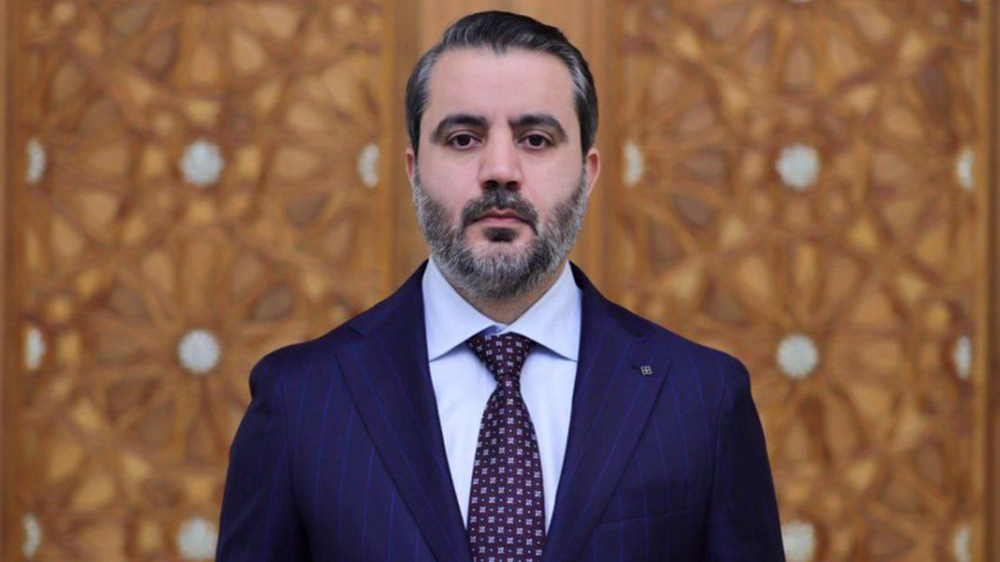

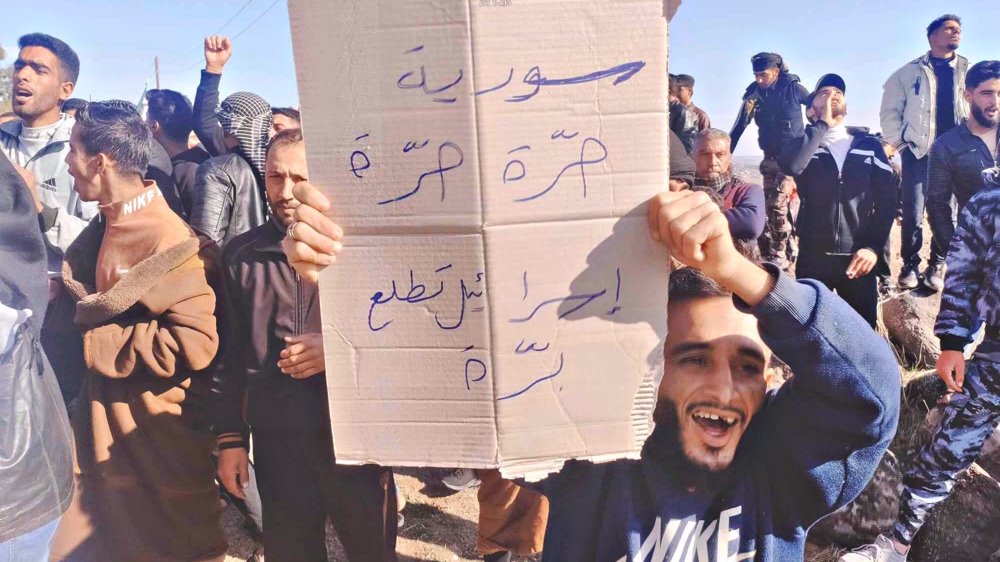




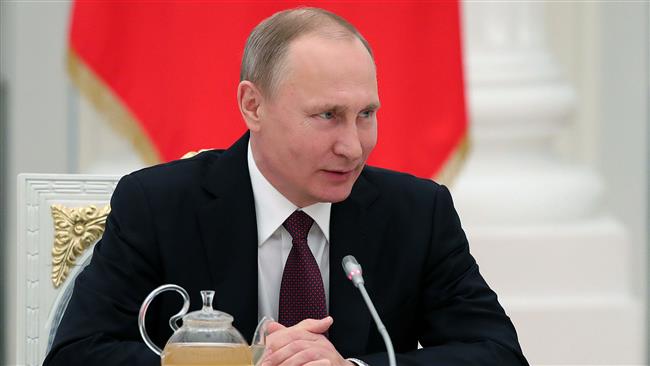
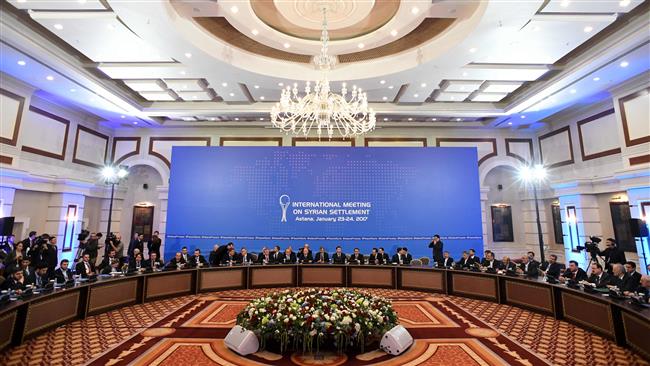
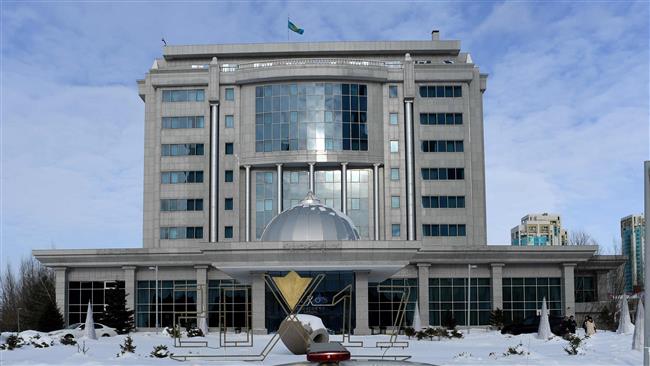


 This makes it easy to access the Press TV website
This makes it easy to access the Press TV website